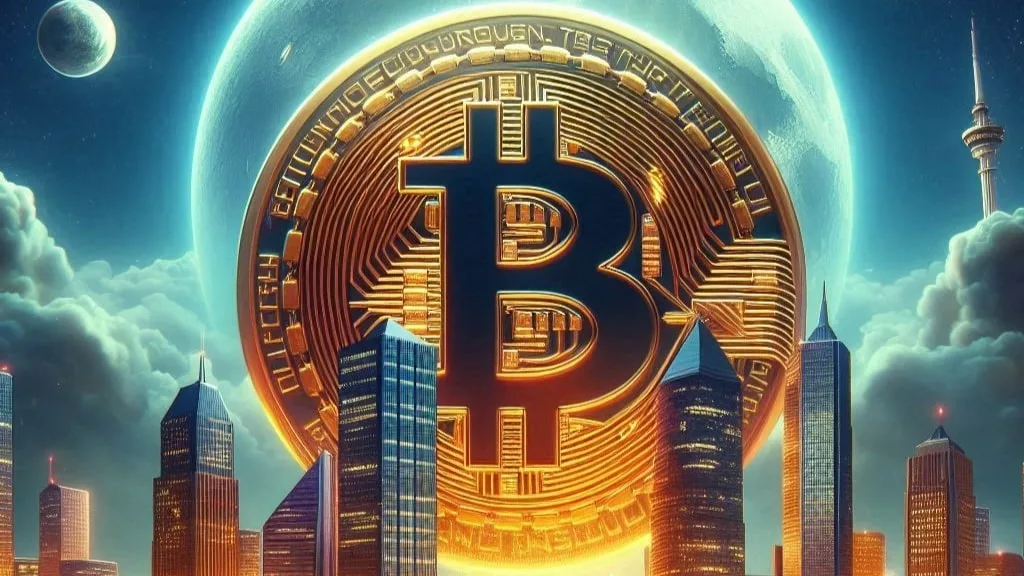The SEC’s aggressive stance has drawn sharp criticism from Ripple’s top brass, who have characterized the regulator’s actions as unjustified and disproportionate. Garlinghouse lambasted the SEC for pursuing hefty penalties despite the absence of any allegations of fraud or recklessness against Ripple. He emphasized that the requested fines have no precedent and vowed to expose the SEC’s overreach in their response.
Echoing Garlinghouse’s sentiments, Ripple co-founder and executive chairman Chris Larsen slammed the SEC for its perceived overreach, declaring that the regulatory body has “become unhinged.” Larsen criticized the SEC’s disregard for the rule of law and warned of the detrimental impact on the US’s competitiveness in the global cryptocurrency market.
Stuart Alderoty, Ripple’s Chief Legal Officer, echoed his colleagues’ criticisms, accusing the SEC of being bent on punishing and intimidating Ripple. He denounced the regulator’s tactics as misleading and argued that the SEC’s actions were designed to mischaracterize Ripple’s activities.
Stuart Alderoty, Ripple’s Chief Legal Officer, echoed his colleagues’ sentiments, accusing the SEC of harboring a vindictive agenda aimed at punishing and intimidating Ripple. Alderoty criticized the regulator’s use of allegedly false and misleading statements, further escalating tensions in the ongoing legal battle.
The SEC’s proposed fine stems from its scrutiny of Ripple’s institutional sales of the XRP cryptocurrency. Earlier speculations hinted at a fine exceeding $2 billion based on the volume of XRP sales, but the final figure remains undisclosed. Despite the drop in XRP prices, the SEC’s demand remains substantial, underscoring the severity of the penalties sought.
As the legal saga unfolds, the implications extend beyond Ripple and the SEC. Observers speculate on the potential restructuring of the SEC, particularly in light of the upcoming US elections. A Republican victory could reshape the regulatory landscape, raising questions about the future direction of cryptocurrency oversight.
Amidst the legal complexities, cryptocurrency enthusiasts and market participants closely monitor developments, anticipating the broader impact on regulatory clarity and investor confidence. The outcome of the Ripple-SEC battle could set a precedent for future regulatory actions in the dynamic world of digital assets.
In the midst of regulatory scrutiny, Ripple continues to navigate the turbulent waters of the cryptocurrency market, adapting to evolving legal challenges while striving to maintain its position as a pioneering force in blockchain technology.
The SEC’s pursuit of fines stems from alleged violations related to institutional sales of Ripple’s native cryptocurrency, XRP. While past rulings deemed these offerings as securities sales, the SEC’s intended penalties are based on a contentious interpretation of Ripple’s conduct. Speculation had initially suggested fines exceeding $2 billion, but the exact amount remains undisclosed.
Despite the uncertainty surrounding the SEC’s demands, Ripple’s legal team remains steadfast in their defense. They maintain that programmatic sales of XRP, including on-exchange transactions, do not constitute securities offerings. Furthermore, the SEC dropped allegations against Garlinghouse and Larsen’s personal XRP sales, indicating a narrower scope for the fines.
The ongoing legal battle between Ripple and the SEC has far-reaching implications for the cryptocurrency industry and regulatory landscape. With the outcome hanging in the balance, stakeholders are closely monitoring developments as the March 26 unveiling approaches.
In the wake of these revelations, the cryptocurrency community braces for potential ripple effects on market dynamics and regulatory scrutiny. As the legal saga unfolds, Ripple’s fate hangs in the balance, with implications that extend beyond the confines of the courtroom.




Get the latest Crypto & Blockchain News in your inbox.